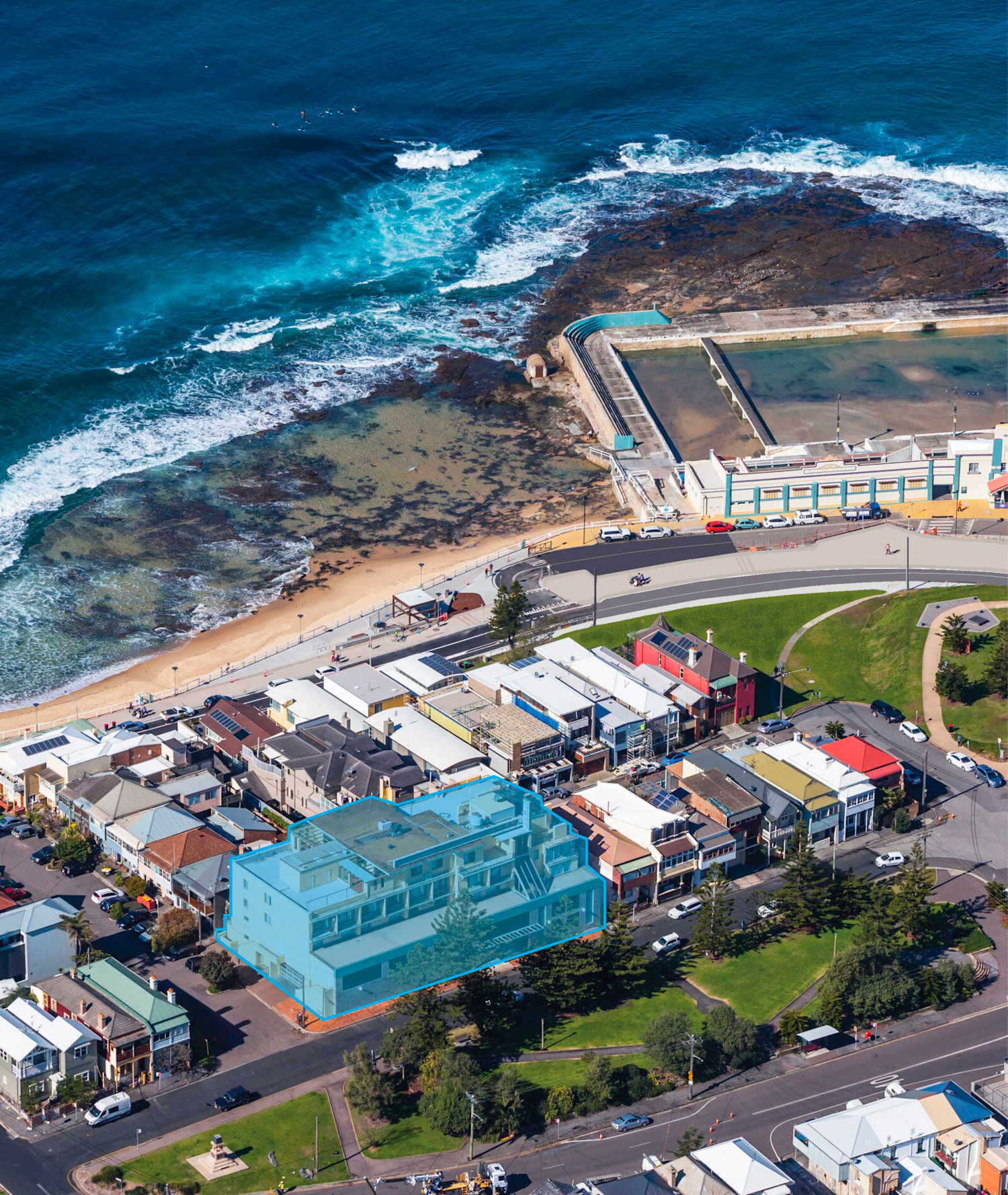
Existing and ageing hotels in Australia’s secondary cities and regional areas could be the next big asset class as international visitors pour back into the country.
Winim Developments managing director Justin Kuiters, who will be speaking at The Urban Developer’s Hotel Development vSummit on Thursday, said regional hotels in destinations hit hard by Covid-19 border closures were currently underappreciated, undervalued and primed for development upside.
“We have been looking to push more into hotels for some time,” Kuiters said.
“We see a lot of synergies from a design perspective between the kinds of aspirational, premium residential developments.
“Whether it be in regional or metropolitan areas and whether it’s a new build or a repositioning opportunity, our goal is to find unique sites in exceptional locations where we can add value.”
Earlier this year, Winim scooped up the Newcastle Beach Hotel in Australia’s seventh biggest city, signalling early plans to reposition the asset into a contemporary mixed-use precinct.
The 1100sq m site in Newcastle East, one of the region’s most premium suburbs, was purchased for $13.7 million.

“Newcastle is a city that we know well and have researched extensively,” Kuiters said.“It’s vibrant and growing, and this particular property couldn’t be in a much better position to take advantage of proximity to the CBD and the nearby amenities.
“It has the city on one side and world-class beaches on the other, with beautiful panoramic views and the iconic Newcastle Ocean Baths just steps away.”
The existing five-storey hotel offers 47 guest rooms as well as function rooms, a commercial kitchen, restaurant and a three-bedroom rooftop residence.
Development consent for additions to the building—a change of use from hotel to residential apartments—was granted in 2018.
Winim instead plans to redevelop the property as a boutique hotel, with the potential for living, hospitality and wellness facilities.
“This is absolutely a commercially viable project with it being positioned as a destination for locals and travellers alike and, for the latter, with it being for both business travel or leisure,” Kuiters said.
“In addition to our residential expertise, our team has years of experience in retail and shopping centres in a variety of shapes and sizes.
“Food and beverage will not just be auxiliary to the accommodation but will in fact be a key feature of the overall development.”

Tune in to The Urban Developer's coming Hotel Development vSummit Thursday, 24 March. Click here to secure your ticket.
The opening of Australia’s international border to all vaccinated travellers at the end of February is now expected to lift hotel occupancy rates back to pre-pandemic levels after a two year pause.
While regional travel is booming, work remains to be done to get city hotels once again firing.
In a bid to fast-track the return of international visitors to regional tourism destinations the federal government this week announced a $60-million commitment to Tourism Australia to increase and extend its coming campaign to feature key regional destinations.
Destinations to benefit include the Gold Coast, the NSW North Coast, the Sunshine Coast, the Great Ocean Road, the NSW Hunter, Uluru, the Kimberley and parts of Tasmania.
Figures show since Australia reopened its international border to vaccinated tourists, overseas arrivals have increased slowly from 17,000 in mid-February, to 24,000 in early March.